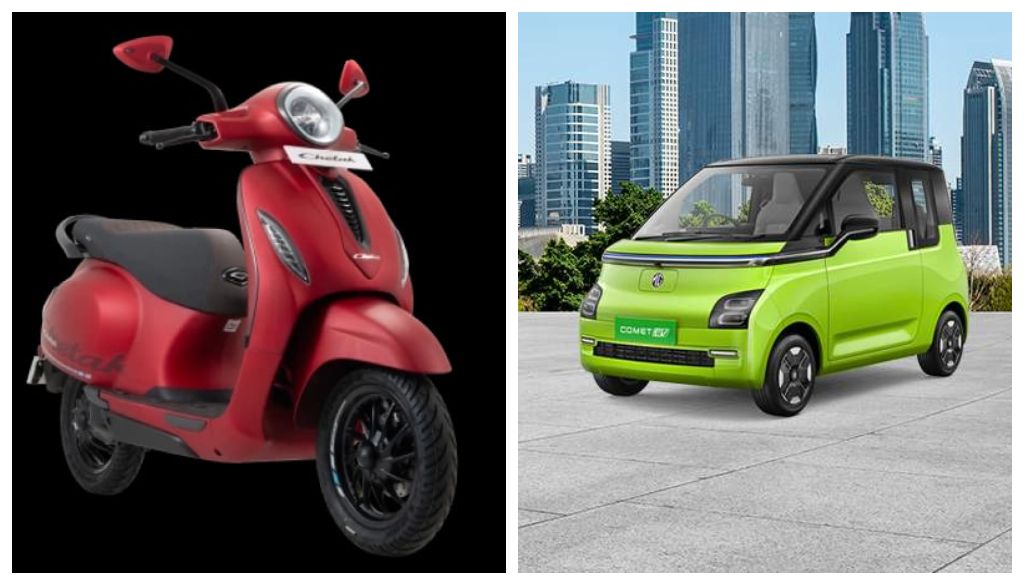
Patna: Bihar is fast becoming a key player in India’s electric vehicle (EV) revolution. In the financial year 2024–25 alone, 23,096 electric vehicles were registered in the state—most of them in Patna, Gaya and Muzaffarpur—marking a dramatic shift in how residents travel and think about mobility.
Of the total, 22,133 were two-wheelers, highlighting the surging popularity of electric scooters among students, professionals and rural communities alike. Patna led the charge with 5,633 EV registrations, positioning the state capital as Bihar’s de facto EV capital.
From laggard to leader
Transport Minister Sheela Kumari hailed the trend as a pivotal moment. “Bihar is no longer trailing behind. We’re not just changing vehicles—we’re changing lifestyles,” she said. “Soon, Bihar will be counted among the leading EV states in the country.”
Her department is encouraging citizens to become “partners in building a pollution-free Bihar”, urging greater public participation in the government’s green ambitions.
The state has set an ambitious goal: by 2028, at least 15% of all newly purchased and registered vehicles in Bihar should be electric. “The transition is not optional,” added Transport Secretary Sanjay Kumar Agarwal. “We’re expanding the charging network, and even rural areas are being equipped with the infrastructure to support EVs.”
Districts at the forefront
Some districts have emerged as clear leaders in the state’s green transition. In Patna, EV adoption is growing not just among private users but within government departments too. Charging stations are being developed along the lines of those seen in larger metropolitan areas.
In Gaya, a city known for religious tourism, 1,821 EVs were registered, with schools and colleges embracing electric scooters to reduce pollution. Muzaffarpur follows closely with 1,696 registrations, driven by rising demand among young people and middle-class households.
Further afield, border district Motihari (East Champaran) has become a surprising model of green mobility. Here, battery swapping centres are springing up in rural areas, with 1,401 EVs registered. Samastipur, with its mix of education and agriculture, has seen 1,055 electric vehicles hit the road—many of them used for farm-to-market transport.
Government backing and opportunities
Bihar’s Electric Vehicle Policy 2023 underpins the momentum, offering tax exemptions and direct incentives for EV buyers. The government is also subsidising the installation of charging stations, both in the private and public sector.
Beyond infrastructure, the shift is opening up new economic opportunities—particularly for young people. Jobs are emerging in EV repair, charging station management and battery recycling, pointing to a new green economy in the making.





